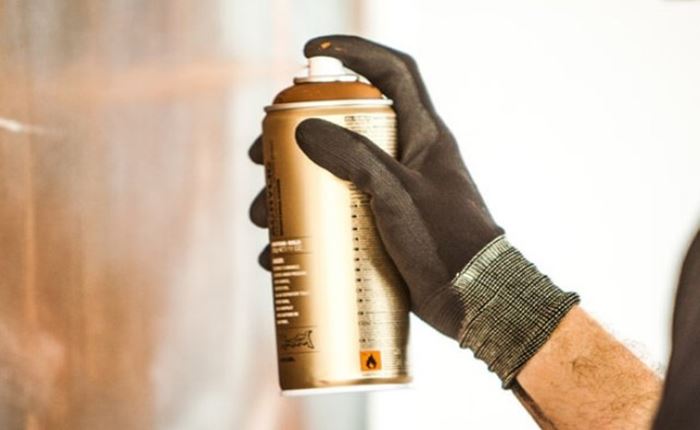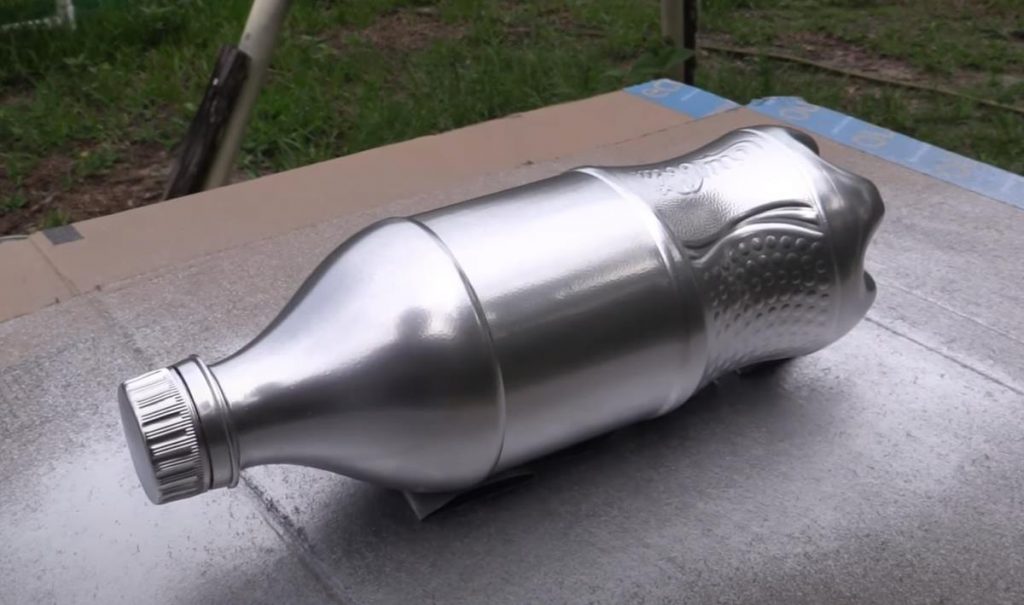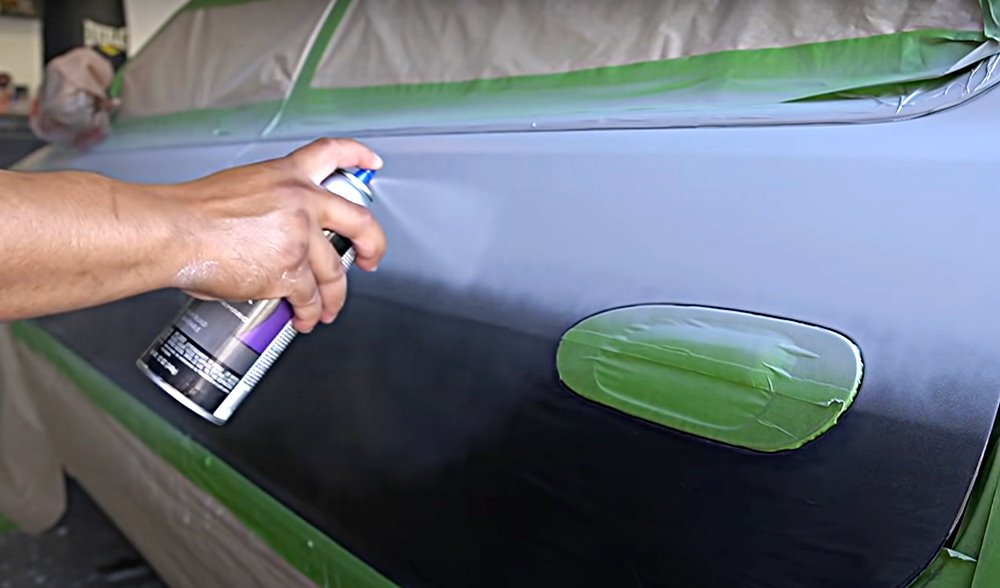Spray paint is a popular choice for adding color and texture to a variety of surfaces, from metal and wood to plastic and concrete. However, once you’ve sprayed your paint, you need to ensure that it hardens properly. In this article, we’ll explore the factors that affect spray paint hardening, techniques for hardening spray paint, tips for doing it effectively, and common mistakes to avoid.

Factors Affecting Spray Paint Hardening
Several factors affect the hardening of spray paint, including the type of paint, temperature, humidity, thickness of the coat, and surface material. Some types of spray paint, such as enamel, require longer drying times than others. The temperature and humidity levels can affect the speed of the drying process, and thicker coats of paint take longer to dry than thinner coats. Finally, the surface material can affect the adherence of the paint to the surface, which can impact the hardening process.
Techniques for Hardening Spray Paint
There are several techniques you can use to harden spray paint effectively, including:
Leave it to Air Dry – Letting the paint air dry is the simplest and most common method of hardening spray paint. However, it requires patience, as it can take up to 24 hours or more for the paint to dry completely.
Bake the Paint – If you’re in a hurry, you can speed up the hardening process by baking the paint. Place the painted object in an oven and bake it at a low temperature, typically around 200 degrees Fahrenheit, for 30-60 minutes.
Use a Heat Gun – A heat gun can be used to speed up the hardening process as well. Hold the heat gun a few inches away from the painted surface and move it back and forth until the paint hardens.
Add a Hardener or Catalyst – Some types of spray paint require the addition of a hardener or catalyst to harden properly. Follow the instructions on the paint can to determine if this is necessary and how much to add.
Tips for Hardening Spray Paint Effectively
To harden spray paint effectively, keep these tips in mind:
Prepare the Surface before Painting – Proper surface preparation, such as cleaning and sanding, can help ensure that the paint adheres well to the surface and hardens properly.
Apply Thin Coats of Paint – Applying thin coats of paint can help ensure that the paint dries evenly and hardens faster.
Allow Ample Drying Time – Be patient and give the paint enough time to dry and harden properly. Rushing the process can result in a subpar finish.
Avoid Touching or Moving the Painted Object – Touching or moving the painted object before it has fully hardened can cause the paint to smudge or peel.
Common Mistakes to Avoid
Some common mistakes to avoid when hardening spray paint include:
Applying Thick Coats of Paint – Applying thick coats of paint can slow down the hardening process and result in an uneven finish.
Painting in Inappropriate Weather Conditions – Painting in high humidity or extreme temperatures can cause the paint to dry too slowly or too quickly, which can affect the hardening process.
Not Using Protective Gear – Always wear protective gear, such as gloves and a mask, when handling spray paint to avoid exposure to harmful chemicals.
FAQs
Should you use a heat gun to dry paint?
You could use a heat gun to speed up the drying process by systematically applying it across large areas at once while you work on other projects nearby; this technique also helps make sure every last drop of color gets out!
Heat guns typically come with two settings: high for removing material like glue or thinner while low works best when used as directed here – 86°-266 °F (30 °C) should suffice depending upon which type your particular tool happens to have available.
How do you harden spray paint with lacquer?
You cannot apply lacquer directly to an uncoated surface so make sure that the first layer of paint has completely dried before applying the lacquer.
Conclusion
Hardening spray paint is an essential step in achieving a smooth, durable, and long-lasting finish. By understanding the factors that affect spray paint hardening, using the appropriate hardening techniques, following the tips for hardening spray paint effectively, and avoiding common mistakes, you can achieve the desired result. Remember, patience and attention to detail are key to achieving a flawless finish.


